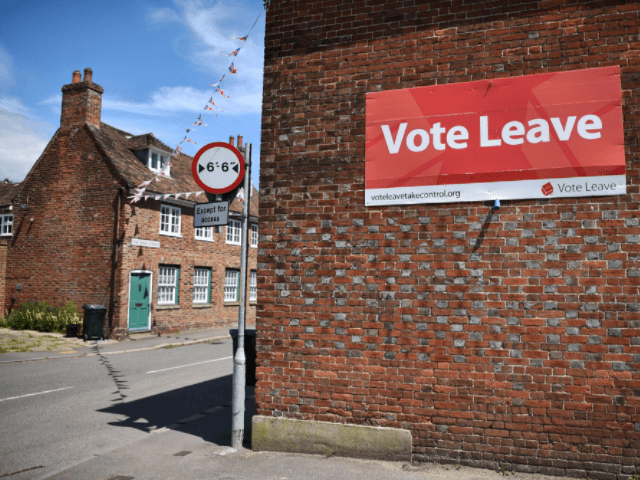The Brexit vote was partially fuelled by a backlash from locally-rooted people unhappy about changes in their home areas, including immigration and economic slowdown.
People living in the county they were born in were 7 per cent more likely to back Brexit than those who had moved away, researchers at the London School of Economics (LSE) have found.
This was true despite researchers taking account of factors such as values and education levels, which are also known to affect people’s likelihood to support Brexit.
However, such “immobility or local-rootedness”, as authors described it, only mattered when the home area had also experienced change, such as mass immigration or a poor economy.
People “living in areas experiencing relative economic decline or demographic change”, such as the Midlands and North, rather than Oxfordshire, say, where more likely to back Brexit.
“This suggests that the Brexit vote was, in part, a backlash from locally-rooted people unhappy about changes in their area,” the authors claim.
Study: Brexit Not Driven by Racism, Public Want Immigration Control and Criminal Checks https://t.co/NuqEL5Klv9
— Breitbart London (@BreitbartLondon) December 22, 2017
They said that high house prices contributed to making people “immobile” and Brexit might not have happened if things were different. However, “the benefits of stable community, people’s social networks and attachment to place” were also important.
Breitbart London reported in December on how mass migration had driven the housing crisis, which spiralling demand from newly arrived families causing prices to continue to surge. In the past decade, migrant families have made up nine in ten of new households added to the nation.
The Brexit study, published Wednesday in the Cambridge Journal of Regions, Economy and Society, claims to be “the first empirical test of whether residential immobility… was an important variable in the Brexit vote”.
Dr. Neil Lee, an Associate Professor in Economic Geography in the Department of Geography and Environment at LSE, said:
“A common argument about Brexit is that it pitted geographically-mobile remain supporters against locally-rooted individuals who supported Brexit. Our results suggest this is only partially true, and that the Brexit vote was a response by those who have not moved to changes in their local area.”
Katy Morris, a co-author of the paper and a Ph.D. student at the European University Institute, Florence, added:
“Someone born and living in somewhere like Merthyr Tydfil in Glamorgan, which has experienced weak wage growth since the recession, was more likely to support Brexit than someone born and still living in Oxfordshire, where the economy has performed better.
“Our results show the need to spread opportunity more widely across the country.”

COMMENTS
Please let us know if you're having issues with commenting.